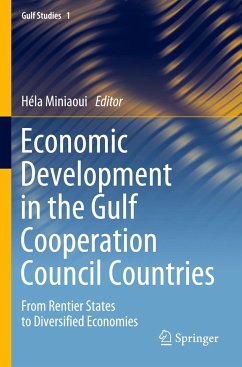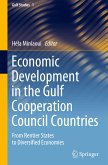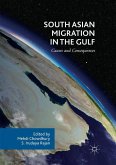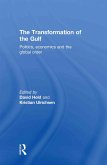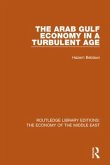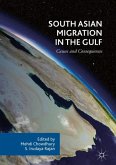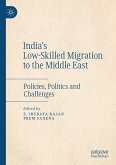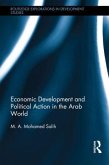This book delves into the economic development of the six Gulf Cooperation Council (GCC) countries. Since the 1960s, the GCC states have harnessed their potential to exploit the wealth accrued from the oil boom to build their infrastructure and grow their economies. However, the high level of dependency on oil as the primary source feeding their output made their economies volatile and vulnerable to fluctuations in the global oil prices. Moreover, the plunge in oil prices and the threat of depletion of this natural resource pose serious challenges to the GCC countries. Consequently, the GCC governments have realized the importance of diversifying their economies following the need to move away from reliance on hydrocarbon.
This book contributes to the theoretical literature by enriching the debate on the transition of the GCC countries from rentier states to diversified economies. It helps students and scholars understand this transformation with an expansive comprehension of the contemporary challenges facing the region, as well as outlining prospects for the future.
This book contributes to the theoretical literature by enriching the debate on the transition of the GCC countries from rentier states to diversified economies. It helps students and scholars understand this transformation with an expansive comprehension of the contemporary challenges facing the region, as well as outlining prospects for the future.

